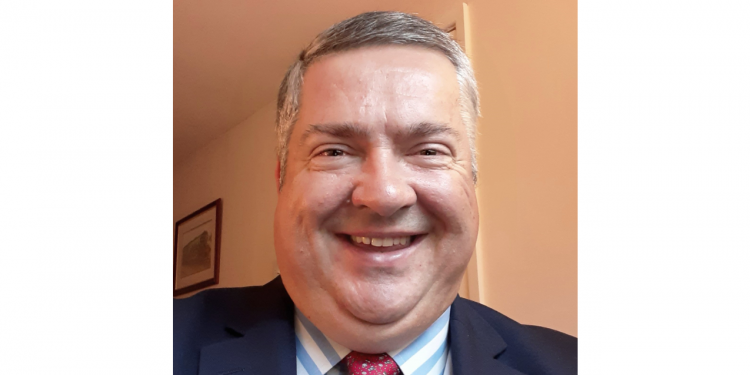Compliance consultant Branko Bjelobaba (pictured) has expressed disappointment that the Financial Conduct Authority (FCA) has failed to up its regulatory stance on the boundary between advice and guidance in the protection sector.
On Friday the regulator confirmed it was excluding the protection sector from its Advice Guidance Boundary Review in a policy paper last week.
And yesterday Health & Protection reported that while Reassured’s Phil Jeynes maintains the debate over advice and non-advice is “outdated,” industry veteran Alan Lakey said it was obvious that buying direct leaves the client without protection from the ombudsman and LifeSearch CEO Debbie Kennedy expressed disappointment at the exclusion.
Last year LifeSearch published a report in which it strongly criticised broker firms operating a non-advised human sales process and those insurers most supporting that process.
At the time the advice firm said it wanted the FCA to remove the non-advised guidance route and instead make all human interactions advised.
Its founder Tom Baigrie said he thought insurers were turning a blind eye to “very bad” practice among their non-advised tele-sales agencies and distributors and that serves them quite well.
Responding to the FCA’s policy paper, Bjelobaba said: “Tom Baigrie from Lifesearch is spot on – non-advised sales when it comes to long term protection products could endanger your health.
“It is a shame that the FCA haven’t upped their stance on this – either via the ICOBS rules, Consumer Duty or the Advice Guidance Boundary Review,” he continued.
“As Lifesearch makes it clear, when customers speak to advisers (and don’t do it online) the adviser needs to really understand what will best fit them and offer the product(s) that they sell in accordance with that or make it clear that products that better fit their circumstances are available elsewhere.”
Bjelobaba maintained where customers receive no advice, they are “rather rudderless” in assessing whether what is suggested meets their demands and needs.
“Generally there is no choice and nothing really that tells them to go and look for proper advice rather than pay over the odds for a product that may not be suitable,” he added.
“It is odd that very generous commissions are paid in such circumstances, but this can only happen if more work is being done that justifies that. And brokers/intermediaries need to know what their time is worth, hence being able to assess whether the commission being paid is fair.
“No advice means much less should be paid as very little work is being done with very little, if any, choice being available.”






